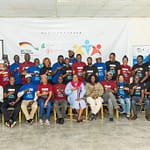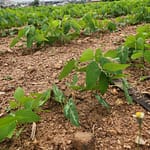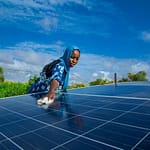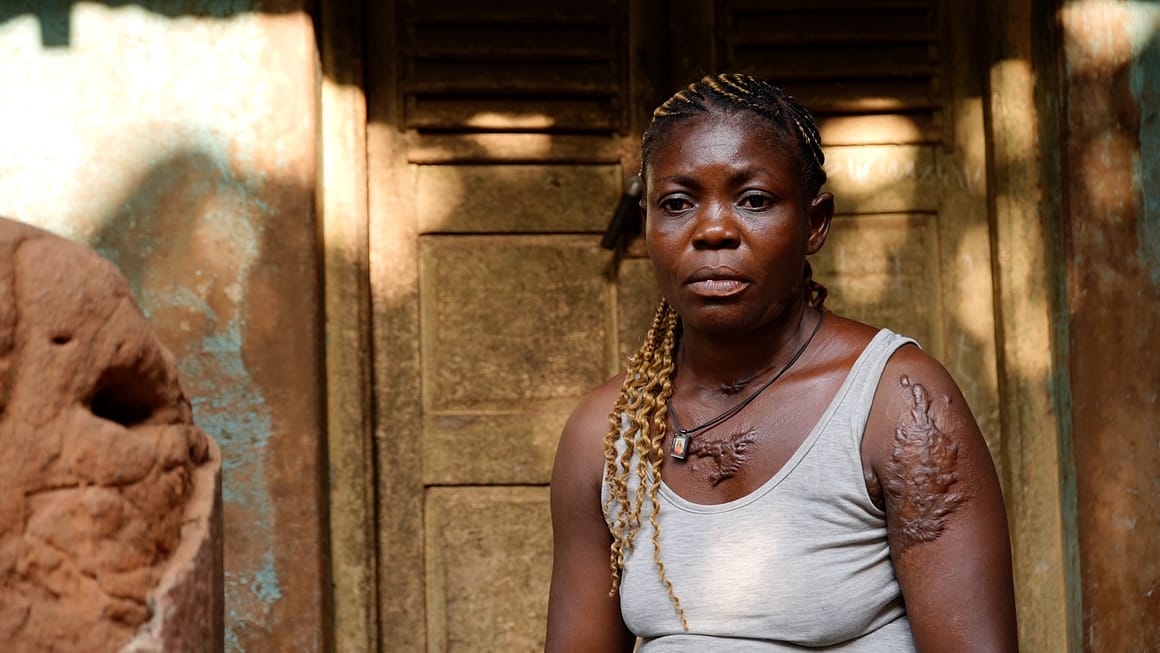In the face of Nigeria’s worsening climate crisis, shrinking natural resources such as arable land and water, land degradation, and insecurity are fueling a national food crisis. With over 19.5 million people projected to face food insecurity in 2025, farmers are increasingly looking toward nature-based solutions to restore soil health, improve yields, and build resilience. […]
Dutch Agribusiness Delegation Explores Horticulture Partnerships in Nigeria
A trade delegation of 16 leading Dutch agribusinesses specializing in seeds, potatoes, and agricultural innovations arrived in Nigeria on March 23, 2025, for the third Netherlands-Nigeria Horticulture Trade Mission. Led by Ivo Meijer from the Municipality of Westland, the visit aims to strengthen ties with Nigerian stakeholders, explore collaboration opportunities, and contribute to the country’s […]
Energiz Project by LIDA Network; Empowering Women with Green Skills for Sustainable Energy Transition
Read the Full Report HERE [Abuja, Nigeria]- Helen, a mother of two from Amizi, a small village in Abia State, had always relied on firewood for cooking—a reality shared by many in her community. One rainy evening, as she prepared dinner for her family, the weather forced her to move her cooking setup indoors. The […]
NIPC Records N386BN investment milestone through Incentive Programs
The Nigerian Investment Promotion Commission (NIPC) says its pioneer status incentive (PSI) programme has attracted investments worth N386 billion from a total of 37 companies. Lovina Kayode, Head of the Incentive Administration unit, highlighted that the commission has successfully secured 386 billion Naira in investment from 37 companies granted the pioneer status incentive, leading to […]
Nigeria Drives Economic Diversification with $2.7bn Non-Oil Exports in H1 2024
The Nigerian Export Promotion Council’s (NEPC) 3rd Annual Conference emphasized Nigeria’s drive to harness non-oil export potential as a cornerstone for national economic growth. Themed “Promoting Non-Oil Export for Rapid National Economic Growth,” the event gathered policymakers and industry leaders in Abuja to strategize on positioning Nigeria in the global trade arena. At the conference, […]
Empowering Nigeria’s Deprived Regions: Renewable Energy as the Key to Economic Transformation
The dinner session at the 30th Nigerian Economic Summit (NESG), held in collaboration with the Embassy of the Kingdom of the Netherlands, focused on the urgent need for renewable energy solutions to transform deprived communities in Nigeria. The session themed “Catalyzing Economic Transformation by Scaling Renewable Energy Solutions in Deprived Climes,” highlighted practical solutions to […]
Prioritizing Inclusion: Nigeria’s Path to Universal Clean Cooking Access
At the 2024 Nigerian Clean Cooking Forum, policymakers, private sector leaders, and civil society stakeholders converged to chart a transformative path towards ensuring clean cooking energy for all Nigerians. With over 180 million citizens still reliant on traditional fuels, the forum emphasized the urgent need for inclusive solutions, investment in innovation, and public-private partnerships to […]
Nigerian Vice President Calls for Investment Shift from Oil to Agriculture and Renewable Energy
At the inaugural Existing Foreign Directors Roundtable in Abuja, Vice President Kashim Shettima called for a significant transition from oil dependency to other critical sectors such as agriculture, manufacturing, and renewable energy, emphasizing their alignment with Nigeria’s Economic Recovery and Growth Plan (ERGP). Addressing a gathering of government officials, industry leaders, and foreign investors, Shettima […]
Nigeria can leverage on Renewables to Industrialize: Rep. Sam Onuigbo
Sponsor of the Nigeria Climate Change Act and former Member of the House of Representatives, Rep. Sam Onuigbo, has stated that renewable energy can provide the energy needed by the country to fully industrialize. Onuigbo emphasized this during a series of interventions he made during the 14th International Renewable Energy Agency (IRENA) Assembly, the IRENA […]
Nigeria is well-positioned to power the Clean Energy future of Europe and the world with its high-grade lithium deposits, Tinubu
Tinubu said that Nigeria has confidence in itself and that the confidence Nigerians gave him the courage to take difficult decisions on their behalf


















